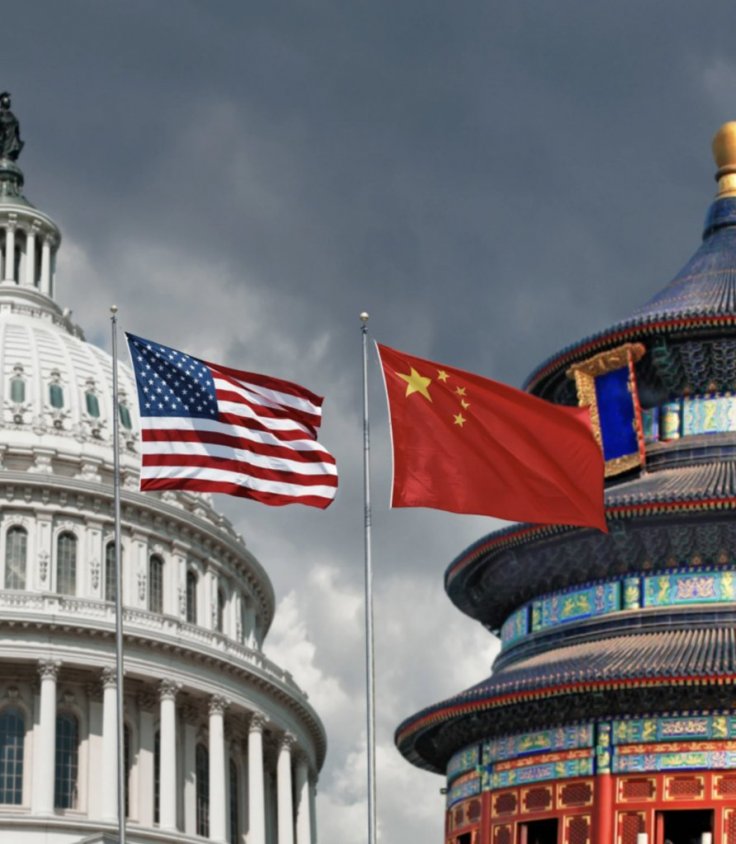Senior economic officials from the United States and China held over five hours of talks in Stockholm on Monday to address unresolved trade issues between the two global powers.
The closed-door discussions, led by U.S. Treasury Chief Scott Bessent and China's Vice Premier He Lifeng, aim to extend a temporary truce in their ongoing trade dispute, set to expire on August 12.

The talks come at a critical time, as both nations attempt to ease tensions after months of tit-for-tat tariffs and halted shipments of key goods like rare earth minerals. The meeting took place at the Swedish Prime Minister's office in central Stockholm, though neither delegation commented to the press afterward. Talks are scheduled to resume on Tuesday.
President Donald Trump acknowledged the negotiations during a joint press conference in Scotland, saying, "I'd love to see China open up their country." However, U.S. Trade Representative Jamieson Greer tempered expectations, stating the goal is to review progress and prepare for more balanced trade going forward.
An extension of the current truce is widely expected, which could set the stage for a meeting between Trump and Chinese President Xi Jinping later this year. The Financial Times reported that the U.S. has temporarily eased export controls to facilitate ongoing talks and boost the chance of a Trump-Xi summit.
Despite the diplomatic push, U.S. lawmakers are planning new legislation targeting China over human rights and security concerns, which could potentially complicate progress. At the same time, Taiwan's president is reportedly delaying a proposed U.S. visit to avoid disrupting the negotiations, as China remains highly sensitive to any American support for the island of Taiwan.
Earlier talks in Geneva and London focused on lowering tariffs and reopening the trade in rare earths. However, deeper issues remain unresolved. The U.S. continues to criticize China's state-led export economy, while China opposes American tech restrictions.
Experts caution that reaching a lasting agreement will take time, as China's dominance in key raw materials and the strategic value of high-tech goods make the dispute more complex than other trade conflicts.
(With inputs from agencies)









